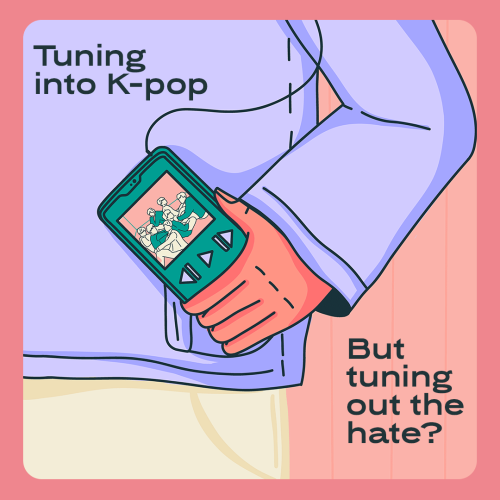
 Anti-East Asian racism is not new. It is woven through our shared history and entrenched in our systems. Racial harassment and discrimination against East Asians can take shape through stereotyping and overt prejudice, or in more subconscious, subtle ways. Throughout their long history in Toronto and Canada, systemic racism has manifested through discriminatory voting and immigration policies and legislation, as well as forced relocation and internment. More recently, the COVID-19 pandemic saw a rise in racist incidents targeting these communities.
Anti-East Asian racism is not new. It is woven through our shared history and entrenched in our systems. Racial harassment and discrimination against East Asians can take shape through stereotyping and overt prejudice, or in more subconscious, subtle ways. Throughout their long history in Toronto and Canada, systemic racism has manifested through discriminatory voting and immigration policies and legislation, as well as forced relocation and internment. More recently, the COVID-19 pandemic saw a rise in racist incidents targeting these communities.
Torontonians of East Asian descent contribute to the economic and cultural fabric of our city. Diverse cultures and communities such as these have helped create Toronto’s identity as a vibrant, global city. Silence and inaction help perpetrate racism and discrimination.
This campaign was created in partnership with the Chinese Canadian National Council for Social Justice and with guidance from:
Some facts and information listed on this page may be out of date. The City of Toronto is not responsible for the content of the external websites listed on this page. The City of Toronto does not endorse, approve, or guarantee the accuracy of the information available on these websites. The views expressed on external websites are those of the author(s) and do not necessarily represent the views of the City of Toronto.